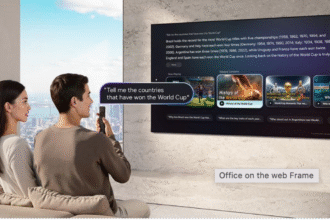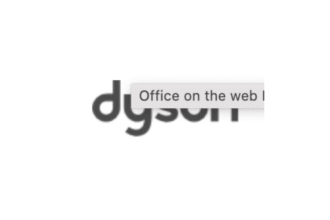The power of Artificial Intelligence (AI) is increasingly drawing the attention of employers globally, who view it as a golden key to boost productivity. Yet, this seemingly endless potential doesn’t come without its pitfalls. A recent study throws light on the psychological cost associated with the integration of AI into the workspace.
A diverse international team of researchers conducted a series of four experiments involving a total of 794 employees. Participants hailed from various industries in Taiwan, Indonesia, Malaysia, and the USA, offering a broad cross-section of experiences with AI in their workplace.
From engineers at a Taiwanese biomedical firm to employees at an Indonesian property management company that leverages AI for property valuation, the roles were as diverse as their experiences. The study aimed to evaluate whether AI implementation had any effects on employees’ personal well-being and their quality of life.
Researchers asked participants to rate their feelings of loneliness and anxiety, as well as their sense of belonging within their organization, ever since AI became part of their professional duties. They were also questioned about their sleep quality and alcohol consumption post-working hours.
Unsurprisingly, the results were eye-opening. AI technology appears to promote individual tasks over collective effort, leading to the disintegration of the collective work dimension. As employees rely more heavily on AI tools for their tasks, they become less dependent on their colleagues, resulting in a palpable sense of isolation.
Such isolation, or “workplace loneliness,” could create significant discomfort among employees. As per the research published in the Journal of Applied Psychology, it was observed that feelings of isolation resulted in disturbed sleep patterns and increased likelihood of alcohol consumption post work.
Also Read: How artificial intelligence will power the future of fitness and well-being
As Pok Man Tang, lead author of the study and assistant professor of management at the University of Georgia, noted, “Humans are social animals, and isolating work with AI systems may have damaging spillover effects into employees’ personal lives.”
On the flip side, the rapid advancement of AI and its possible impacts on all human activities cannot be ignored. Especially when Goldman Sachs projects that AI technology could amplify global GDP by 7% over the forthcoming years, thanks to enhanced productivity.
It’s crucial to remember that like any scientific research, these findings are subject to certain methodological limitations. Nonetheless, the research raises important questions about the human cost of integrating AI into the workplace.
As we continue to embrace AI’s immense potential, it’s vital to stay aware of its impacts on our mental health and social interactions. Are we ready to trade human connection for increased productivity? This question remains at the forefront of this fascinating yet challenging intersection of technology and humanity.
This news is based on the information from thestar website.

















